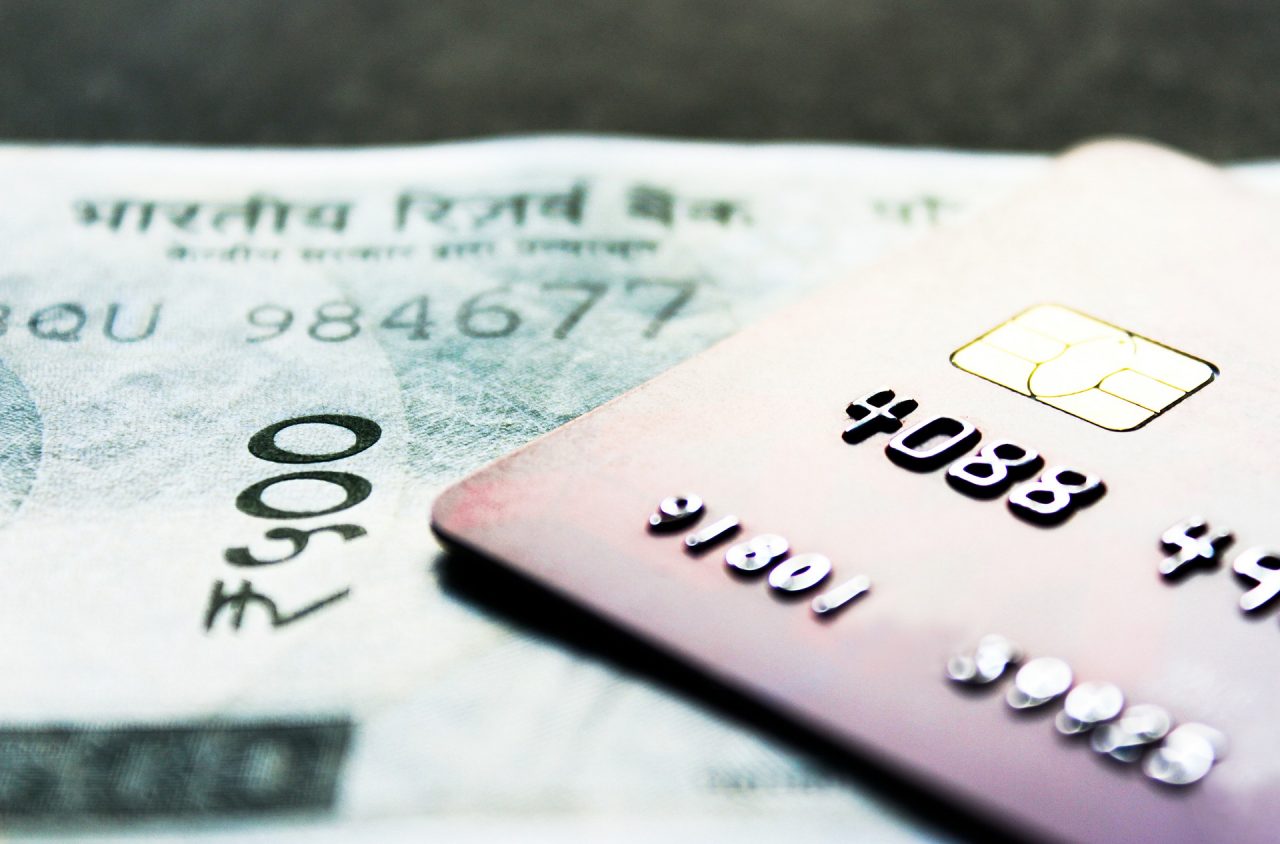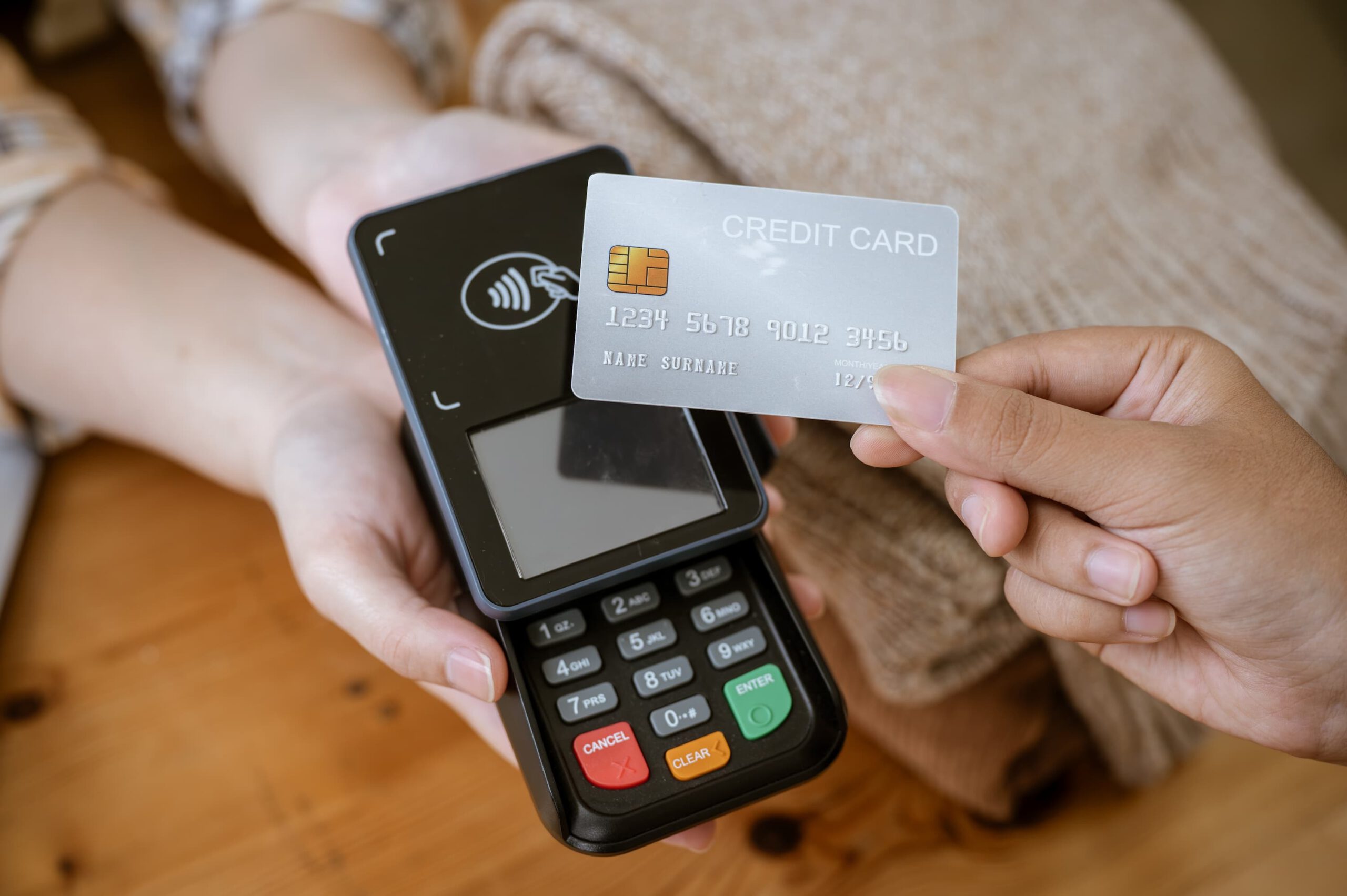Preventing chargebacks is critical for protecting your business’s revenue and reputation. When a customer disputes a charge with their card issuer, the transaction amount, and an additional fee, can be withdrawn from your account. If the issuer rules in favor of the cardholder, the funds are returned to them and the chargeback is processed through your payment provider.
Too many chargebacks can label your business as high-risk and even lead to account termination. To prevent chargebacks and maintain a healthy merchant account, follow these essential guidelines.
1. Use a Clear Billing Descriptor
Avoid confusion by ensuring your business name on credit card statements matches customers’ expectations. If the name is unfamiliar, they may dispute the charge. Using a recognizable descriptor and including a phone number when possible can significantly reduce “transaction not recognized” disputes.
2. Set Clear Expectations for Orders and Shipping
Missed or delayed deliveries often lead to chargebacks. Always provide tracking numbers, delivery timeframes, and proactive updates for backorders. If customers feel informed, they’re less likely to escalate issues to their bank.
3. Make Refunds and Cancellations Easy
Unclear or complicated refund policies are a common reason for disputes. Post your policy prominently on your website and in order confirmations. Respond quickly to refund requests and honor them when valid to prevent escalation.
4. Monitor Transactions for Fraud
Train staff to recognize suspicious behavior, like mismatched shipping and billing info or repeat failed CVV entries. For in-person transactions, check IDs and verify signatures. Preventing fraud upfront reduces disputes down the line.
5. Keep Strong Records
Good documentation gives you a better chance of fighting chargebacks. Keep receipts, signed agreements, order details, and delivery confirmations. Store records securely for at least 180 days, depending on your processor.
6. Use a Chargeback Prevention Program
High Risk Pay’s Chargeback Prevention Program helps merchants reduce disputes and stay compliant. With proactive alerts and support tailored to your industry, we help you stay under the 1% threshold and maintain stable processing.









